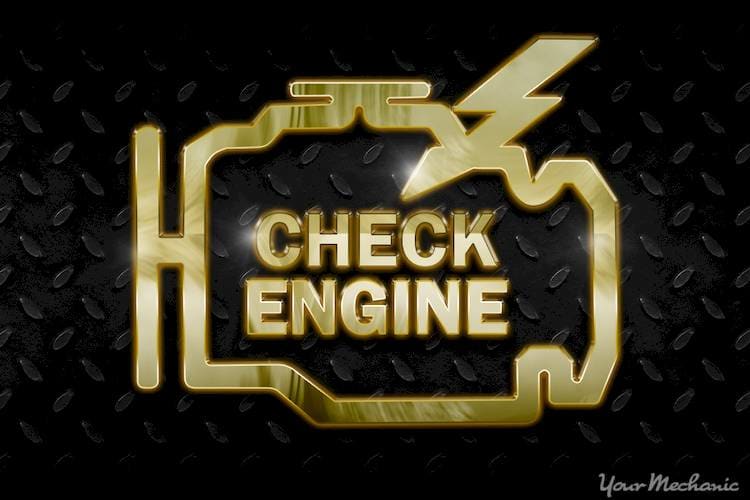P0468 code definition
The P0468 code is defined as Purge Flow Sensor Circuit High Input. Co-existing OBD-II codes may include P0440 or P0442, often indicating a loose gas cap, or P0443 through P0449, which can indicate an EVAP Purge Valve problem.
What the P0468 code means
P0468 is the OBD-II code telling you that the EVAP control system is malfunctioning, often due to an open circuit between the purge flow sensor and the PCM. Other affected components may include the gas cap, purge valve, fuel lines, pressure and flow sensors, wiring, hoses, connectors, vacuum lines, or the fuel tank.
What causes the P0468 code?
A variety of problems may cause a vehicle to set this code, including:
- A clogged or damaged charcoal canister
- A purge control solenoid fault
- Cracked or broken fuel vapor or vacuum hoses
- A pressure or flow sensor malfunction
- An incorrectly installed gas cap
- PCM (Powertrain Control Module) failure (very rare)
What are the symptoms of the P0468 code?
A Purge Flow Sensor Circuit High Input code typically causes the Check Engine light to illuminate, although no major symptoms are likely to be present. There are often other stored codes related to the evaporative emission control system.
How does a mechanic diagnose the P0468 code?
In order to pinpoint the cause of this code, a combination of methods is typically used. The technician will likely use a scanner, a voltmeter, and a smoke machine (used for detecting leaks). The inspection usually begins with a visual assessment of the EVAP Emission Control System wiring and connectors to check for corroded, damaged, or disconnected parts. Once any damaged parts are replaced, the technician will retest the system and connect the scanner in order to record freeze frame data and stored codes.
The next step is to clear all codes and test drive the vehicle to see if the code returns. If a leak is present and the gas cap is securely installed, the vacuum and fuel vapor hoses should then be inspected for damage, kinks, or breaks, and repaired as necessary. If the hoses are in good condition, the mechanic will check for corrosion or damage to the purge valve and charcoal canister.
If none of these actions yields a solution, a technician may use a smoke machine to give visual indication of the leak’s location.
Common mistakes when diagnosing the P0468 code
Because there is an extensive network of hoses and connectors involved in the Evaporative Emissions Control Circuit it can be easy to miss a tiny leak. Components are sometimes replaced within the system when the problem actually resides around the gas cap or because of hose damage. All steps should be properly executed in order to rule out each potential problem.
How serious is the P0468 code?
While the vehicle will still run while setting this code, it’s important to get the problem repaired as soon as possible to avoid affecting other components of the EVAP Emissions Control System.
What repairs can fix the P0468 code?
The most common repair for this code is to replace the Purge Flow Sensor. If the sensor is not the problem, repairs may be made the connectors, wiring, hoses, charcoal canister, or Purge Control Solenoid. The fuel cap and the surrounding area are also common culprits in an EVAP Emissions Control System fault.
It’s common for sensors to cause an intermittent condition, where the code will set sometimes, but not others. Finding the source of the problem may involve waiting until the issue becomes consistent, with the code returning every time the scanner is cleared and the vehicle driven again. On older models, the Purge Control Solenoid and Purge Flow Sensor typically have to be replaced together. Due to the complex network of components involved in the EVAP system, it’s best to have this code assessed by a professional.
Need help with a P0468 code?
YourMechanic offers certified mobile mechanics who will come to your home or office to diagnose and repair your vehicle. Get a quote and book an appointment online or speak to a service advisor at 1-800-701-6230.
Check Engine Light
trouble codes
p0468





